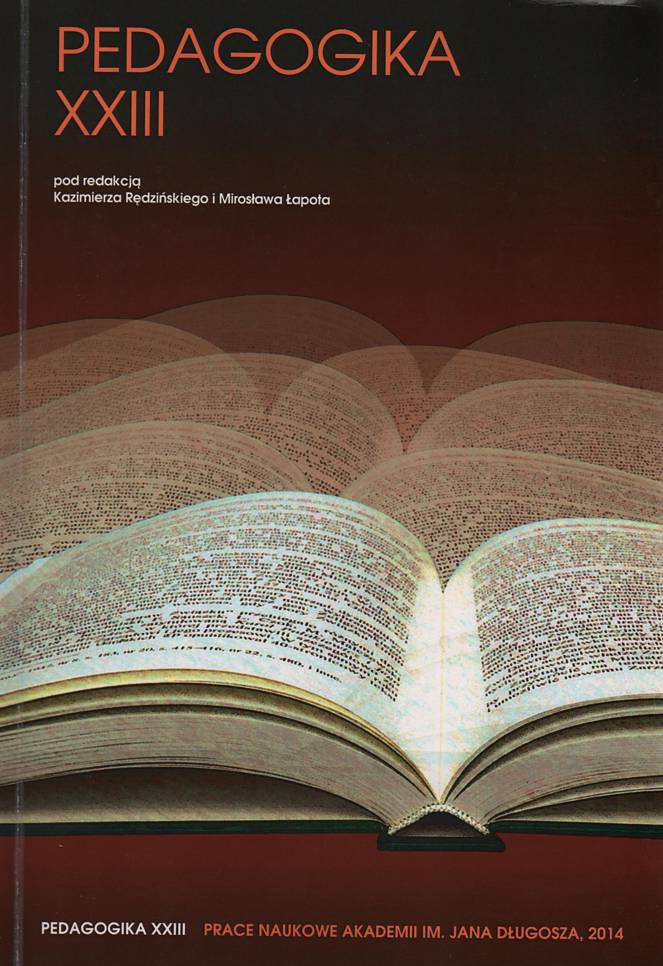Główne idee i przedstawiciele tradycyjnego mahajanistycznego i neokonfucjańskiego wychowania w Korei
The Main Ideas and Representatives of Traditional Mahayanists and Neo-Confucian Education in Korea
Author(s): Paweł ZielińskiSubject(s): Philosophy, Social Sciences, Social Philosophy, Sociology, Theology and Religion, Sociology of Religion
Published by: Uniwersytet Jana Długosza w Częstochowie
Keywords: humanist pedagogy; cultural pedagogic; traditional education in Korea; Buddhist education; Confucian education; education in the Far East
Summary/Abstract: Presented work is in-depth study of the philosophical and pedagogical values of traditional Buddhism and Korean’s Confucianism. The thesis investigates them by analyzing the achievements of four outstanding representatives of the Far Eastern philosophical and religious systems: W¡nhyo, Chinul, T’oegye and Yulgok. Although they lived in different periods of Korean state development, they were prominent, well known beyond the borders of Korea humanists, amazingly consistent as to the purpose of education and self-education. The most important for them was the moral development of a man and his moral behavior achieved through continuous self-improvement. Such teleology of education, as well as other indications of educational value allow to place their views in mainstream of humanistic education and combined them with a view of philosophical, psychological and pedagogical J.H. Pestalozzi, I. Kant, W. James, C.G. Jung, A. Maslow and other representatives of modern Western humanist pedagogy.
Journal: Pedagogika. Studia i Rozprawy
- Issue Year: 2014
- Issue No: 23
- Page Range: 103-118
- Page Count: 16
- Language: Polish

